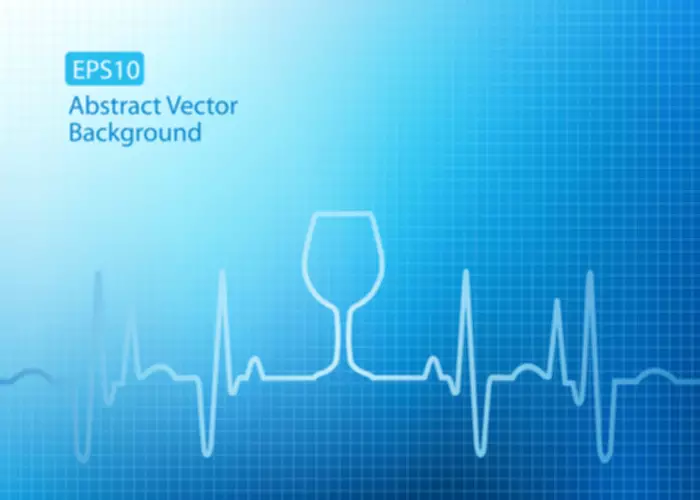
Drinking more water can help your body produce a healthy volume of tears, which is important to prevent dry eyes. It’s also important to have healthy lacrimal glands to produce tears and oil glands so that the tears don’t evaporate too quickly. Alcohol is a diuretic that contributes https://ecosoberhouse.com/ to dehydration, light sensitivity, increased urine production, and reduced tear production. The low moisture levels in the eyes lead to dryness, discomfort, irritation, burning, grittiness, and eye redness. Drink plenty of water to stay hydrated and reduce liquor effects.

Rapid Eye Movements
Call an eye doctor right away if you notice these symptoms. Other injuries can damage different parts of your eye. These include bleeding inside your eye, a detached retina and other complications. These conditions usually go away after delivery, but they have to be treated during pregnancy.
Denzilpatrick SS25 “One More Time with Feeling”
Since the optic nerve transmits visual information to the brain, intoxication leads to deteriorating vision. The optic atrophy may include irreversible blind spots (visual field loss) and poor color perception. Drinking blurry vision hangover can cause short- and long-term challenges with eye health and vision, including a condition known as dry eye disease (DED). Occasionally drinking moderate amounts of alcohol doesn’t usually cause any health problems.
- Your dry eye symptoms may persist if you stop drinking or experience alcohol withdrawal.
- According to Medical Daily, drinking in moderation should not cause any long-term problems to eyesight.
- You might develop a painless loss of vision, decreased peripheral vision, or reduced color vision.
- Some are available over the counter (OTC), and others require a prescription.
- American Addiction Centers (AAC) is committed to delivering original, truthful, accurate, unbiased, and medically current information.
What to know about the effects of alcohol on the eyes
Cataracts are relatively more common in heavy drinkers than in moderate or non-drinkers. The condition raises your risk for an eye disease called diabetic retinopathy. Over time, high blood sugar can damage the tiny blood vessels in your retina, the part of your eye that senses light.

Could It Be Parkinson’s Disease?

The delay is only a few milliseconds, but it can make a difference in your ability to carry out normal activities, For example, you may also experience delayed reactions while driving. Your overall responses can slow down while you are under the influence of alcohol. This means that it can take a little longer than usual for your brain to recognize what you are seeing, and it can take longer than usual for you to decide what to do about it. Drinking alcohol may decrease the sensitivity of your peripheral vision.
The long-term effects of alcohol on the eyes

Both problems can cause blurry vision, but it’s a much more common symptom of cataracts. People with diabetes are at risk for diabetic eye disease and other problems that can affect their eyesight. New vision prescriptions may help your blurry vision for a while. Many people consider cataract surgery when the symptoms start to interfere with their daily lives.
- The optic atrophy may include irreversible blind spots (visual field loss) and poor color perception.
- Among them, alcohol teratogenicity and alcohol-related optic neuropathies are more definite and seem to be the most serious ocular conditions related to alcohol consumption [Table 3].
- That’s a common eye condition where the eye’s lens becomes cloudy and obscures vision.
- Many times, blurred vision slowly develops over weeks, months or even years.
Blurry vision treatments and relief
- Often these rapid eye movements are due to neurological problems in the brain.
- These causes range from harmless problems with simple fixes to serious conditions that need immediate treatment.
- Excessive alcohol consumption often leads to overall fatigue and tiredness, including eye fatigue.
- This visual symptom is usually the result of an ocular migraine rather than anxiety alone, according to the Ohio State University Wexner Medical Center.
- You might not see very well on your right and left sides, which can cause you to ignore objects on your sides.